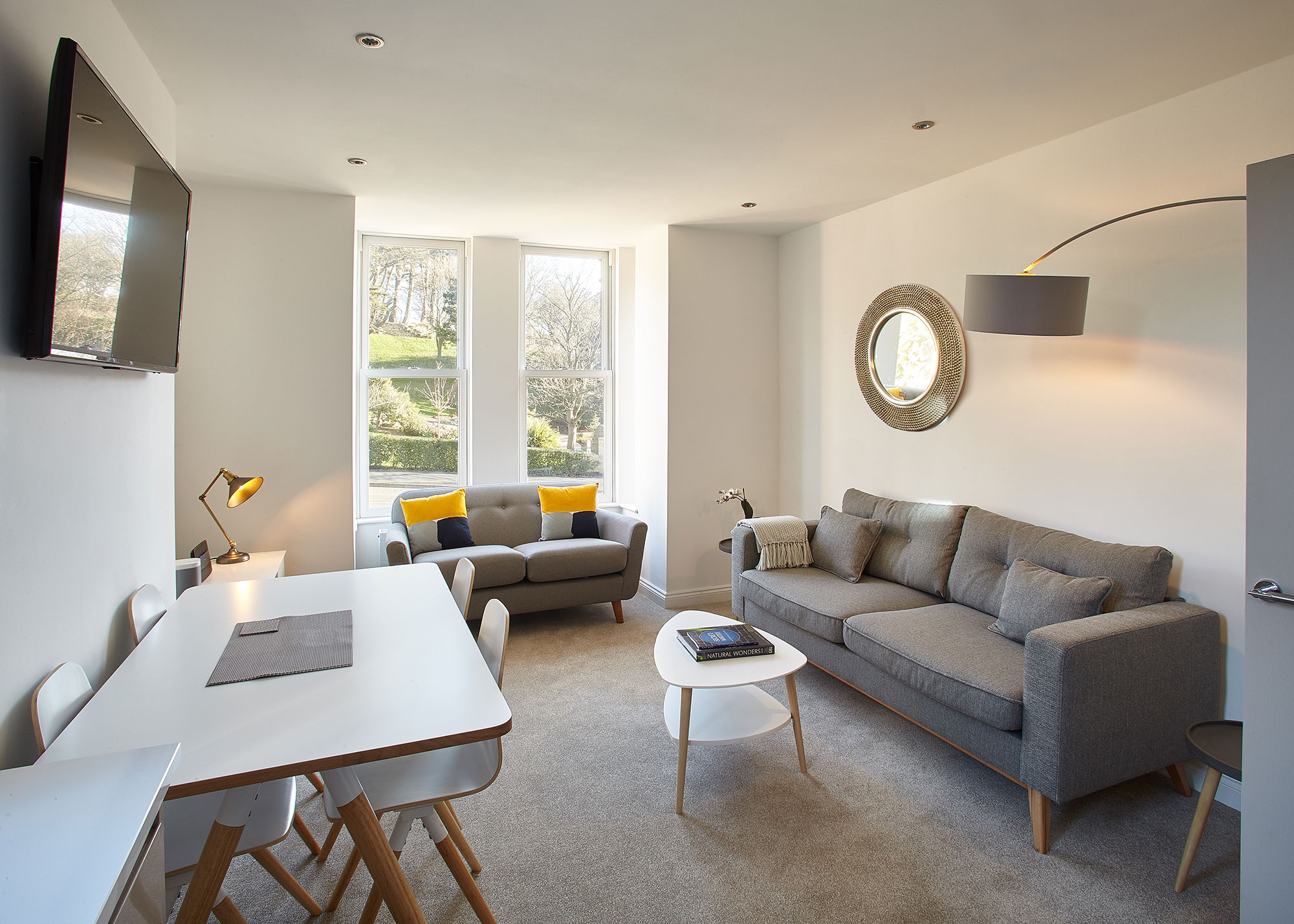
How to Invest in the Right Property Type for a Holiday Let
Wednesday 23rd January, 2019 by Host & Stay
It goes without saying that anything bought well is half sold, so let’s focus on the “bought well” element when looking at what property types and tenures you should consider when buying an investment Holiday Let property.
There are several factors to consider and we would encourage you to assess all these factors equally when sourcing your next Holiday Let property:
Location of the property – would you pay a premium for a property that is perfectly located. Perhaps it’s the only the property that you can literally walk out the door and be on the beach, or perhaps it has unspoilt views across the countryside, or maybe it’s even as simple as being the ground floor apartment so it’s the most accessible unit in the block. These factors all play a part in the value of the product you are trying to create, and therefore have an impact on the price you are willing to pay.
Condition of the property – this is an interesting one, and for me, I like a property to be either an absolute mess so that we do have a realistic chance of securing it at a bit of a discount on the asking price, or, I do like a property that has been recently converted or refurbished so that it can begin earning a return on capital as quickly as possible, usually after a several thousand pounds of investment on furnishings – but this can be done quickly with the right planning.
Tenure (Freehold or Leasehold) – there are so many variables here especially when leaseholds are involved. So first let’s take a quick look at Freehold variables and how they could affect the value of a property.
Flying Freeholds, where you have two freeholds crossing over above and below one-another can cause issues with funding and therefore affect future value.
A standard Freehold may have potential for splitting into multiple units, and therefore adding value through the creation of leasehold units and refinancing. Or, perhaps it’s as straight forward as weighing up the difference in value between a freehold semi-detached property in the heart of busy tourist town, versus the two-bedroom leasehold apartment with 75 years remaining on the lease – yet they’re almost identical in size and specification and only 100 yards apart. The likelihood is that you’re going to be paying more for the semi-detached freehold property, but the monthly Holiday Let revenue is going to be the same for each property – so how do you decide which is the right property to purchase?
On the subject of leaseholds, there are many variables. From length of the leasehold – typically between 99 years and 999 years when looking at a residential freehold. Most lenders will not touch a leasehold that will have less than 60-65 years remaining on the term, and even then, the number of lenders is limited. So, try and stay away from anything under 85 years unless you’re 100% sure you can gain a lease extension from the freeholder.
You then have the ground rent to consider, and not just the annual ground rent value today, but how that could be set to increase on certain anniversaries, and quite often doubling over relatively short periods of time. Freeholders do this to increase the investment value of their freeholds, with investment companies paying around 15-20x annual ground rent for freeholds with less than 125 years remaining on the term, and even more if the term is closer to expiration.
Next is the service charge – sometimes this will be a % of any spend incurred by the freeholder to clean and maintain the building and communal areas, or sometimes it is set as a fixed annual fee. Either way, you should then receive an annual report from the freehold management company showing any expenditure and the balance of any reserve fund.
Then there are the main clauses with the lease which any solicitor will be able to help with, but one of the main elements with which we are concern for the purpose of Holiday Letting, is whether short letting is permitted, or explicitly restricted within the lease. You would be surprised how many times this comes up, especially within Victorian seaside towns with legacy leaseholds – so make sure to get sight of the lease early in your sourcing process.
Size and layout of the property – finally, we will need to consider the size of the property and the layout of the property, both of which could offer an advantage that others may not see, or perhaps pose a problem that simply cannot be easily solved.
When it comes to a Holiday Let, two good sized bedrooms as opposed to one large bedroom and one small bedroom could be the difference between sleeping 3 guests or 4 guests – the difference between having the luxury of two king beds, or just a king bed and single. Or perhaps a double bed that is a tight squeeze and that will lead to ongoing guest complaints and poor reviews. So, is that two-bedroom apartment with a smaller second bedroom truly below market value versus the two-bedroom apartment that has a second bedroom with an extra 24 inches of space to fit that double bed?
If you’re looking for guidance on whether a property would be suitable for holiday letting, or you’re trying to find a specific specification of property then our team at Host North Yorkshire can help. Contact us today at info@hostnorthyorkshire.com or on 01287 658171.